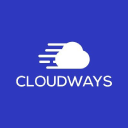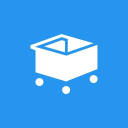How I Created A $36K/Year Mental Health Blog
Hello! Who are you and what business did you start?
I’m Hugo Huijer, and I run Tracking Happiness, an online media company that publishes helpful content surrounding mental health topics. We’ve published hundreds of articles on happiness, journaling, mindfulness, and self-awareness.
We generate most of our revenue from display ads, but I’m constantly trying to diversify this. Most recently, we’ve launched our first digital course, which is the first step in diversifying into an income stream we have 100% control over.
Tracking Happiness generates around $3,000 per month, of which 80% comes from display ads.

What's your backstory and how did you come up with the idea?
I have a background in offshore engineering, particularly offshore pipelines, and cables. But after some years in the field, I found my true passion by sharing...





























